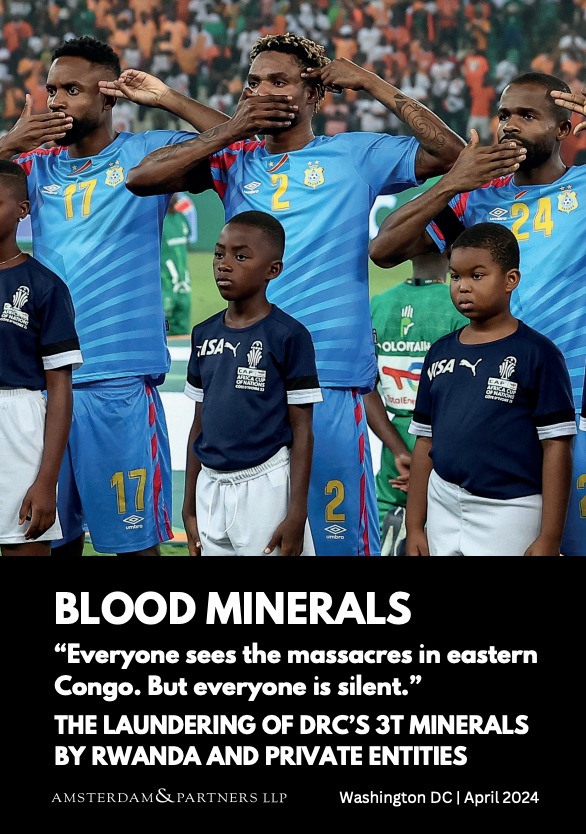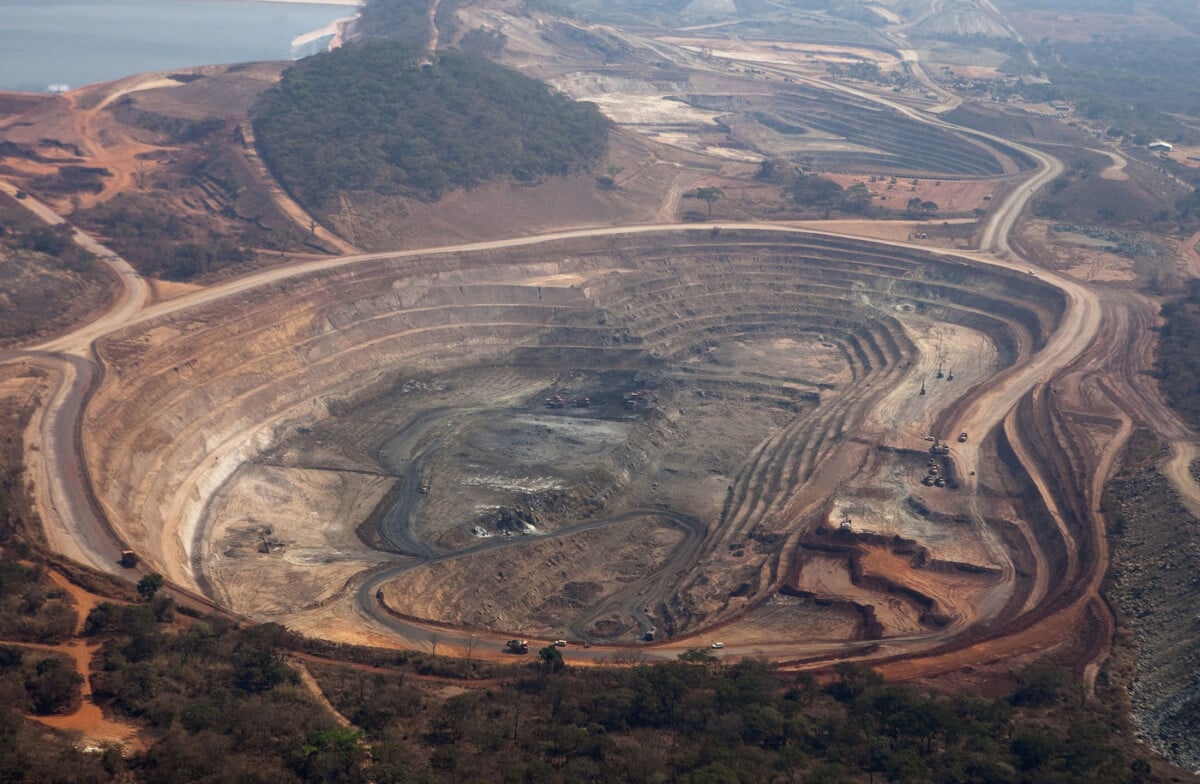A group of lawyers representing the Democratic Republic of Congo accuses Apple of not verifying the origin of the minerals used to make its products. Mining operations would be the site of serious human rights violations for the DRC which wishes to put an end to this suffering on its soil.
It’s an accusation that comes up regularly in the electronics industry: the conditions of extraction and processing of minerals which are used to manufacture the products we use every day. And when it attacks the number 1 giant, the one that sells iPhones, AirPods or Macs, it is all the more important as Apple prides itself on checking where the metals it uses come from. This even as it carves out an accessible luxury brand image.
Apple put on notice by the Democratic Republic of Congo for its poor verification of the origin of metals
Robert Amsterdam of Amsterdam & Partners LLP in Washington DC and William Bourdon of Bourdon & Associés in Paris were mandated by the Democratic Republic of Congo to put Apple on notice, as reported by our colleagues from Digital. The lawyers give the multinational three weeks to answer questions from the Kinshasa government. They relate to the conditions of extraction of the metals used in the manufacturing of Apple products as well as the company’s verifications on the latter. Behind this, a report of around fifty pages on “ bloody minerals» in the DRC, subtitled: «Everyone sees the massacres in eastern Congo. But everyone is silent.»
The lawyers as well as the Democratic Republic of Congo say they are ready to “initiate litigation on behalf of the DRC in relation to individuals and companies involved in the chain of extraction, supply and marketing of natural resources and minerals looted from the DRC.»
“Serious human rights violations» in the mines used to make iPhones
For Robert Amsterdam, “year after year, Apple has sold technology made with minerals from a region whose population is devastated by serious human rights violations.» Apple does not sufficiently verify the working conditions of the employees who extract these minerals. However, for the American lawyer, “These claims do not appear to be based on concrete, verifiable evidence.»

He gives the example of tin, tungsten and tantalum (the key minerals known as3T», essential): Rwandan production would be close to zero, while large companies indicate that their 3T minerals come from Rwanda. In fact, production would be located in the DRC, in atrocious conditions.
Which would cause damage and suffering to civilian populations in these areas, with violence and financing of militias and terrorist groups. For lawyers, children would be forced to work in these mines while the environment would be devastated. This whole enterprise would allow money laundering through the sale of minerals from the DRC.
Towards a risk of war in the east of the DRC, facing a rebel movement supported by Rwanda
To understand why these accusations are made by the Democratic Republic of Congo against Apple, we must also understand its geopolitical context. The east of the country, namely the North Kivu region, has been the scene of a war led by the M23 rebel movement, supported by Rwanda, a neighboring country, for more than two years. What interests the group is partly the geology of the area: it is very rich in rare earths, which makes it a very important economic boon.

As the Democratic Republic of Congo does not seem to be able to face this threat, or at least with difficulty, it is carrying out an international awareness-raising operation. In this regard, the President of the Republic Emmanuel Macron is currently traveling to Kinshasa, the capital of the country, to meet with his Congolese counterpart Félix Tshisekedi, as reportedThe world.
If the French president is traveling, it is because the country hopes to obtain a stronger condemnation of France in relation to these armed groups supported by Rwanda. Same thing with Apple: the DRC is trying to get the company to no longer obtain its supplies from mines in North Kivu. The RDC believes that this would dry up the financial income of these armed groups.
